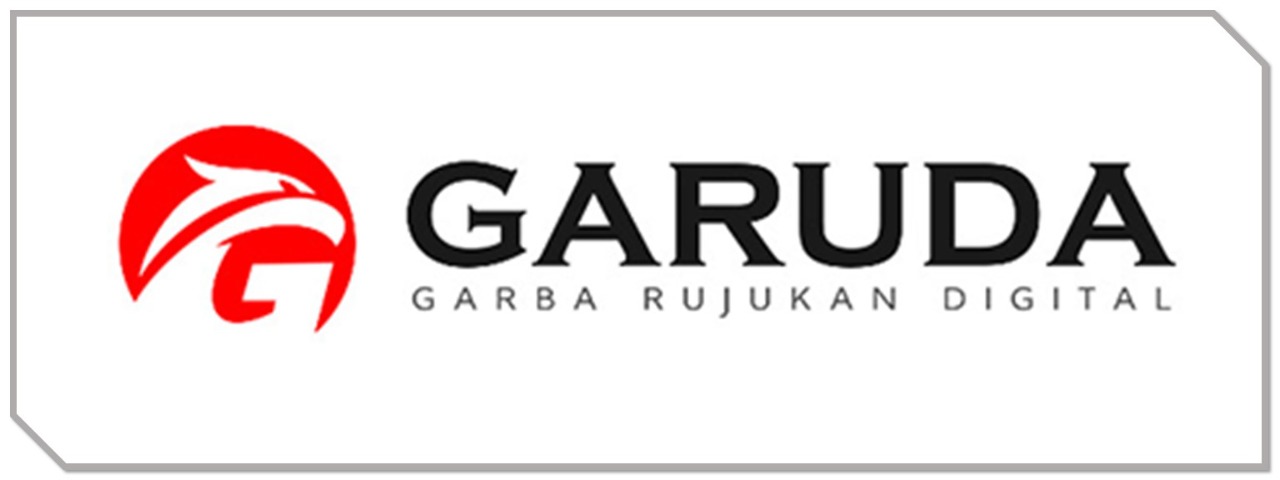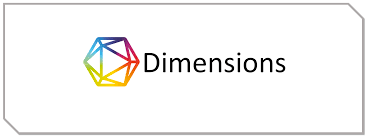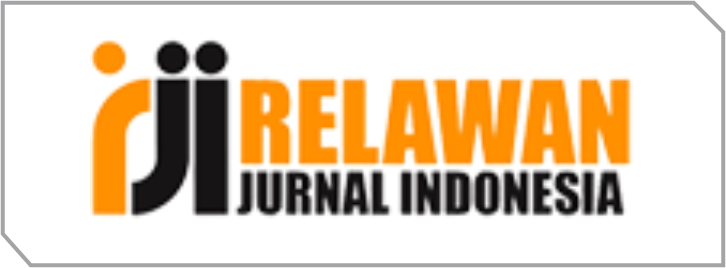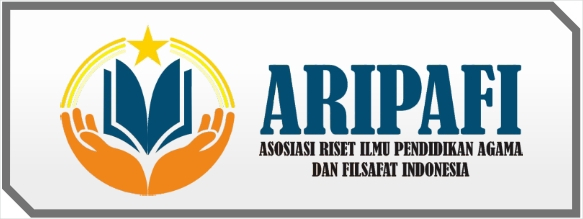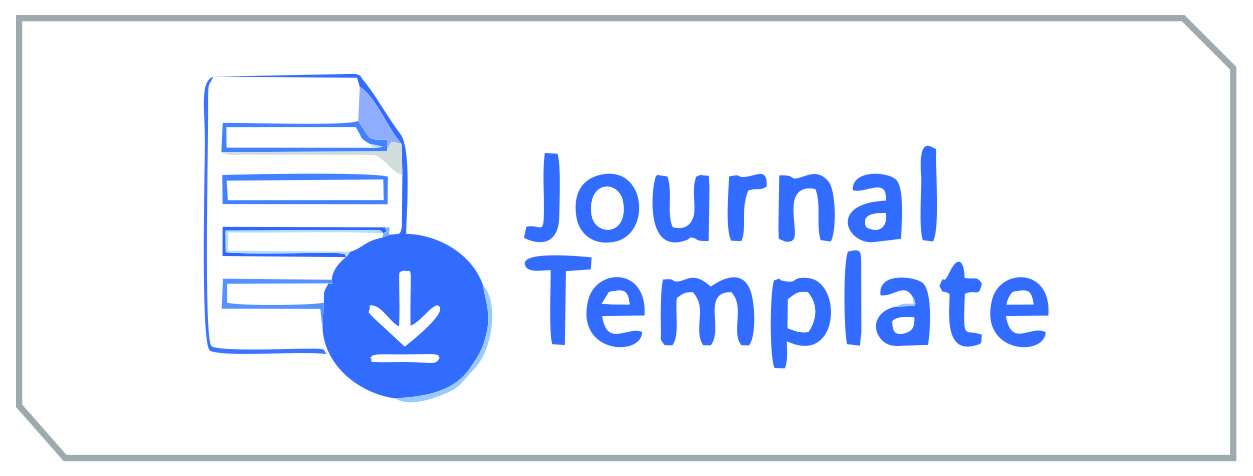SLR: Menurunkan Intensitas Remaja Perilaku Membolos Pada Siswa SMP Amanatullah Jajag Gambiran Banyuwangi
DOI:
https://doi.org/10.55352/cbaqan31Keywords:
Self-Regulated Learning, truancy behavior, learning motivation, individual counselingAbstract
This study aims to explore the implementation of Self-Regulated Learning (SRL) in addressing truancy among students at SMP Amanatullah. The research employs a qualitative descriptive method with a case study approach. Data were collected through interviews, observations, and field notes, focusing on a 14-year-old student who frequently skipped school. The findings reveal that the primary causes of truancy are boredom with lessons, perceived difficulty of the material, and an overwhelming number of assignments. The implementation of SRL through individual counseling, goal setting, and metacognitive strategies effectively improved the student's learning motivation. Following the intervention, the frequency of truancy significantly decreased, and active engagement in the learning process increased. This study recommends the broader application of SRL in schools to enhance students' motivation and independent learning skills.
References
Aimah, Siti, and Muhimatul Ifadah. 2014. “Pengaruh Self-Regulated Learning Terhadap Motivasi Belajar Siswa.” in Prosiding Seminar Nasional & Internasional.
Ajmain, Ajmain, and Marzuki Marzuki. 2019. “Peran Guru Dan Kepala Sekolah Dalam Pendidikan Karakter Siswa Di SMA Negeri 3 Yogyakarta.” SOCIA: Jurnal Ilmu-Ilmu Sosial 16(1):109–23.
Akyol, Zehra, and D. Randy Garrison. 2011. “Understanding Cognitive Presence in an Online and Blended Community of Inquiry: Assessing Outcomes and Processes for Deep Approaches to Learning.” British Journal of Educational Technology 42(2):233–50.
Assakinah, Nurul Fajri, Mohammad Ilham Maulana, and Eva Latipah. 2022. “Pentingnya Self Regulation Dalam Meningkatkan Prestasi Belajar Siswa.” Jurnal Edukasi Nonformal 3(2):616.
Carter V. Good. 2003. Konsep Pendidikan Moral. Bandung: Alfabeta.
Creswell, John W., Michael D. Fetters, and Nataliya V Ivankova. 2004. “Designing a Mixed Methods Study in Primary Care.” The Annals of Family Medicine 2(1):7–12.
Daulay, Haidar Putra, Zaini Dahlan, and Annisa Dahlila Angelina. 2022. “FILOSOFI REWARD DAN PUNISHMENT DALAM PENDIDIKAN ISLAM.” Al-Kaffah: Jurnal Kajian Nilai-Nilai Keislaman 10(2):247–74.
Kamelia, Sutiha, and Heni Pujiastuti. 2020. “Penerapan Strategi Pembelajaran Metakognitif-Scaffolding Untuk Meningkatkan Kemampuan Pemecahan Masalah Matematis Dan Self Regulated Learning Siswa.” Juring (Journal for Research in Mathematics Learning) 3(4):385–92.
Rahman, Kholilur. 2018. “Perkembangan Lembaga Pendidikan Islam Di Indonesia.” Jurnal Tarbiyatuna: Kajian Pendidikan Islam 2(1):1–14.
Ramadhani, Firdayanti Nur, D. Nurhidayatullah, and Abdul Wahid. 2022. “Penerapan Teknik Self Regulation Learning Untuk Meningkatkan Kedisiplinan Belajar Siswa.” Orien: Cakrawala Ilmiah Mahasiswa 2(1):45–50.
Syafitri, Ardeliyani, Dery Atariq, and Rahmawati Eka Saputri. 2024. “PENGARUH SELF-REGULATION LEARNING DAN SELF-EFFICACY TERHADAP PRESTASI AKADEMIK.” Sindoro: Cendikia Pendidikan 3(6):81–90.
Syarifuddin, Syarifuddin. 2011. “Tujuan Pendidikan Islam, Pendidikan Islam Dan Tujuan Hidup Muslim, Pendidikan Islam Dan Pembentukan Kepribadian Muslim.” HIKMAH: Jurnal Pendidikan Islam 3(1):88–105.
Tarmilia, Tarmilia, Ismiyati Yuliatun, Nur Ramadhani, and Sri Lestari. 2021. “Pelatihan Penentuan Tujuan Untuk Meningkatkan Regulasi Diri Belajar.” Abdi Psikonomi 157–66.
Widodo, Wahyu. 2021. “Self Regulated Learning Mahasiswa Dan Motivasi Belajarnya Ditinjau Dari Motif Memilih Jurusan.” Journal of Practice Learning and Educational Development 1(4):181–86.
Zimmerman, Barry J. 2002. “Becoming a Self-Regulated Learner: An Overview.” Theory into Practice 41(2):64–70.
Downloads
Published
Issue
Section
License
Copyright (c) 2025 Conseils : Jurnal Bimbingan dan Konseling Islam

This work is licensed under a Creative Commons Attribution-ShareAlike 4.0 International License.






